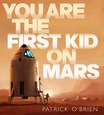
This book puts readers in the middle of the action by addressing them directly and describing what it would be like to be the first kid on Mars. Extrapolation of future advances is combined with facts about Mars and space travel. The book is beautifully illustrated in the dusty, red palette of Mars throughout.

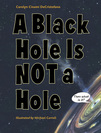

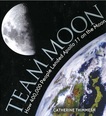
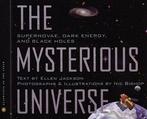
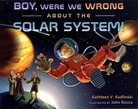
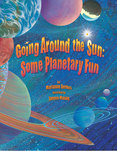
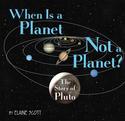
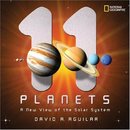
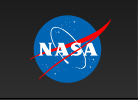
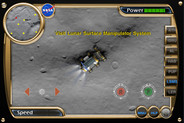
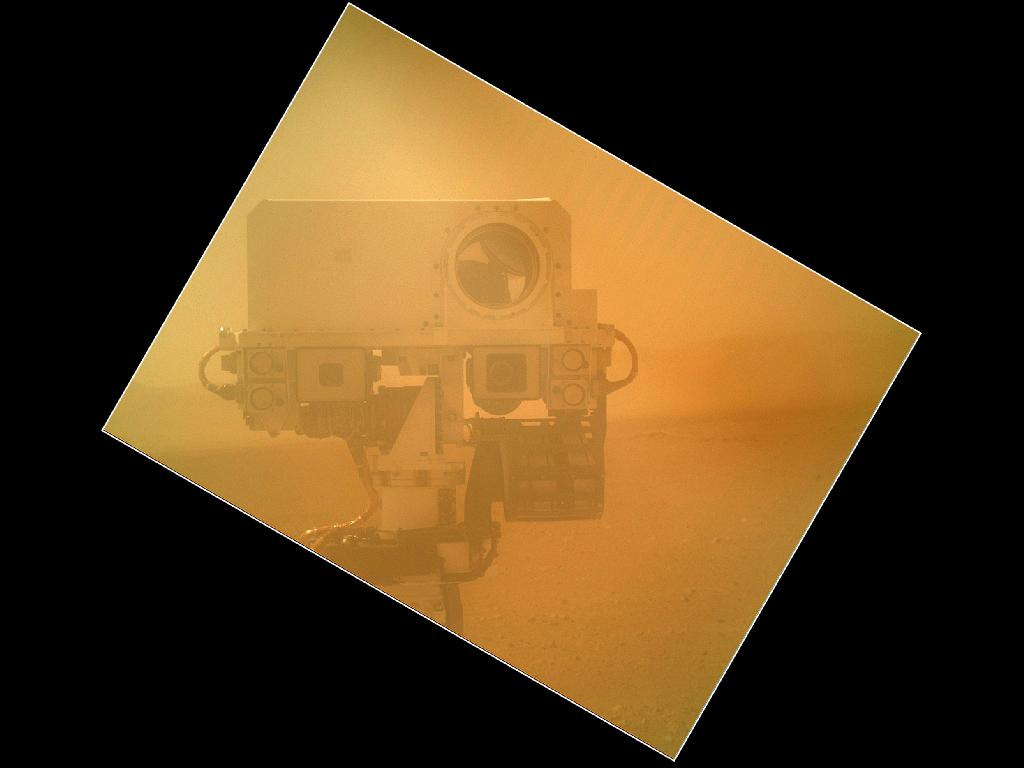
 RSS Feed
RSS Feed